Chordify co-founder Tijmen Ruizendaal shares his 5 tips for beginner guitarists
And for all beginner musicians trying to cut down on screen time distractions and nail their new year playing resolutions
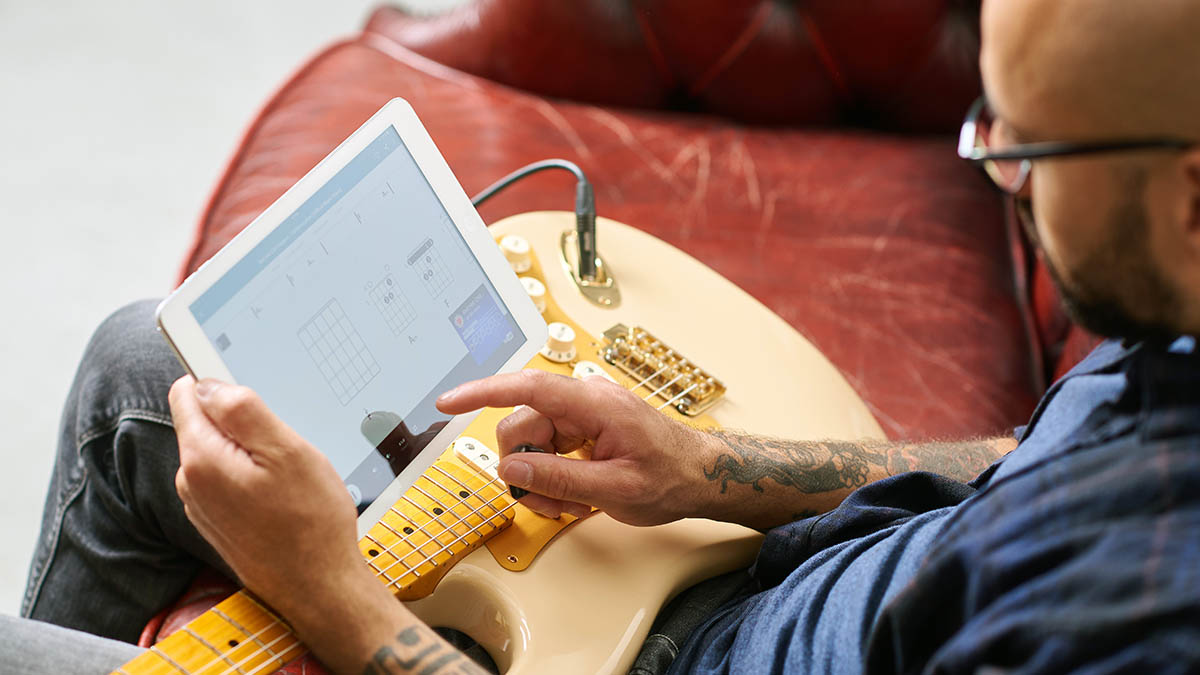
It’s that point in January when the New Year resolutions start to soften, the best of intentions are dashed upon the rocks of everyday life, and just as it is with smokers, long-distance runners and aspirant novelists, so it is with guitar players.
Tijmen Ruizendaal, co-founder of the online guitar lessons platform Chordify, is here to help. For a man whose business model relies on having eyeballs on screens, the thrust of his message sounds a little counterintuitive – “Less scrolling, more learning.”
But what he is getting at is past the technology and towards some productivity hacks that can help beginner guitarists in particularly, but also players of all levels looking for a reset.
The chancers are, if you play guitar, there will be some sort of resolution at the back of your mind, even if just by the power of suggestion. Ruizendaal’s advice might help keep you on track.
The Chordify platform itself leans upon some heavy technology, an AI-enabled neural network that uses machine learning to process songs and render them into beat-matched chord sheets that allow you to play along to them. Its song library is 36 million and rising; you can upload any song you want, and it’s not just for guitarists; piano and ukulele players are invited to the party, too.

Obviously, to use Chordify, there is some screen time, and with that comes the risk of scrolling in frustration whenever you hit a change that you just can’t get the better of. Wasting time.
But as Ruizendaal writes, Chordify has added some new features take this into account. There is now an offline mode that allows players to save their songs in Setlists mode (also handy in areas with poor wi-fi), in which you can still access audio, metronome and chord diagrams. You can also print your chord sheets to PDF. You can now paper your wall with the chords to Here Comes The Sun if you think it will help you learn it.
Want all the hottest music and gear news, reviews, deals, features and more, direct to your inbox? Sign up here.
With that in mind, here is what Ruizendaal says to any player whose looking to make good on their New Year resolutions…
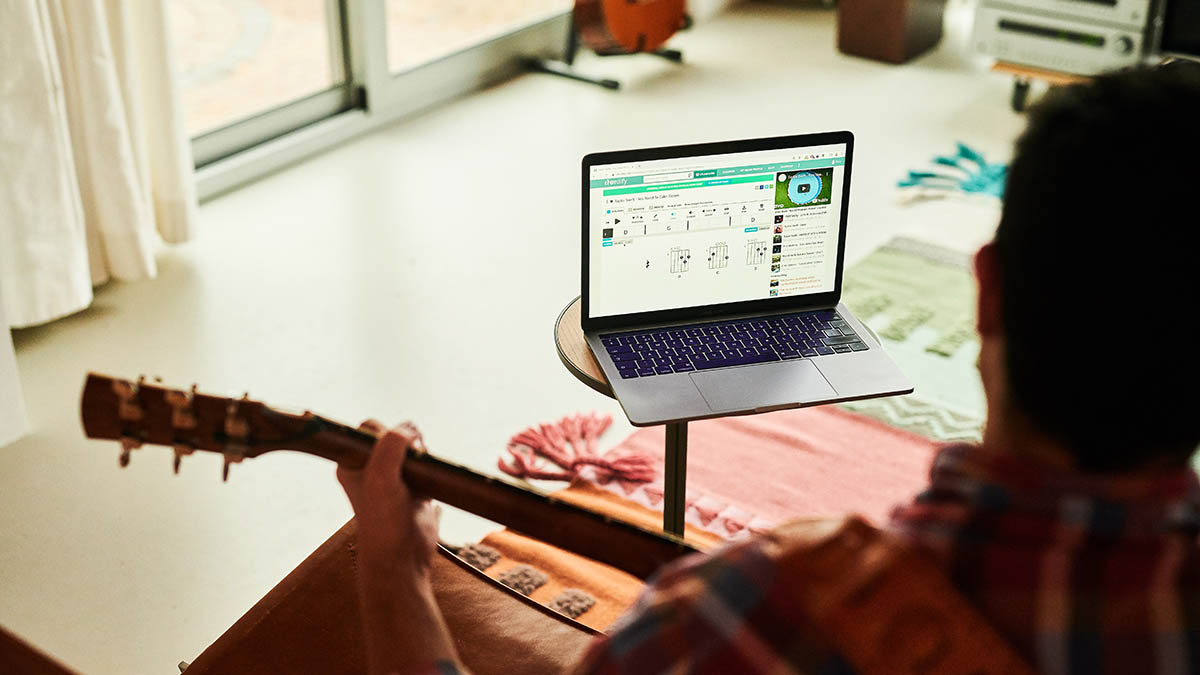
1. Don’t put a time limit on progress: “Resolutions are not just for January!”
“If we draw a parallel between people who give up on their exciting new year resolutions too soon, and those who start learning a new instrument with short-lived enthusiasm, the common thread in both scenarios is most likely the unrealistic nature of expectations and goals.
“Trying to do too much in too little time, especially when it involves complex elements of change, learning, and unlearning, the potential mismatch between expectations and reality will only work against our motivation to excel.”
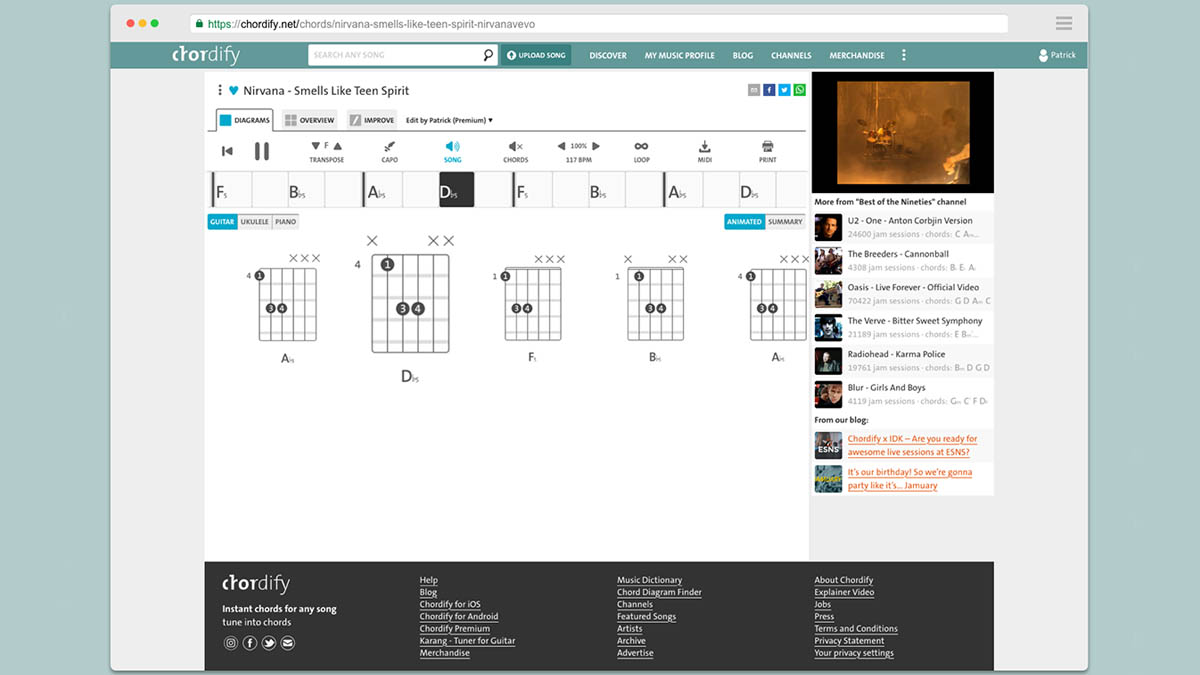
2. Embrace mistakes and you will learn from them
“Learning patiently through mistakes will equip you with the confidence to experiment and truly enjoy the journey, as the lessons learned along the way help make your foundation solid.
“A genuine understanding of your own appetite for learning, empowered by the right tools, makes any learning process a lot more rewarding, and music learning is no exception. As the proverb goes, little by little, a little becomes a lot.”
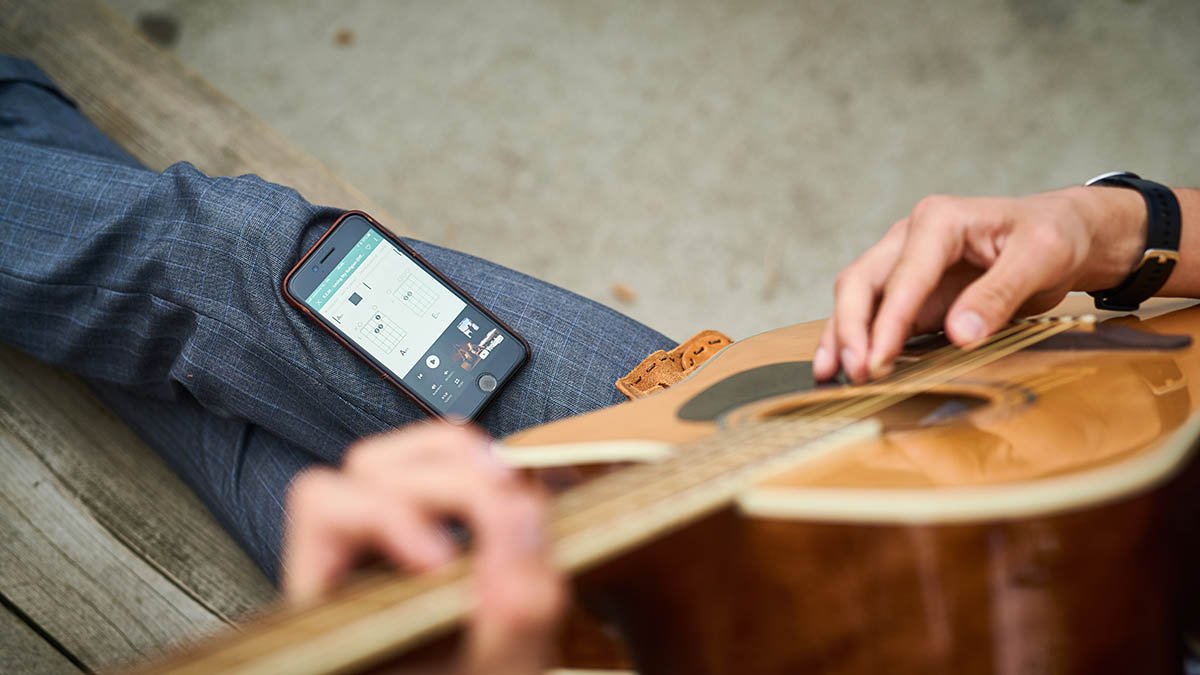
3. Don’t forget the mental health benefits of playing an instrument
“There are numerous mental health benefits to learning to play a musical instrument. This includes reduced levels of stress and blood pressure and a spike of the ‘feel good’ chemical dopamine in your brain. By engaging almost every part of the brain, playing an instrument stimulates it in a very powerful way.
“It involves integrating information from multiple senses like vision, hearing and touch, and this translates to multiple cognitive benefits. The complex experience of musical practice results in positive structural and functional changes in the brain, including neurogenesis, or the formation of new neurons, ultimately leading to improvements in learning and memory.
“Fundamentally, not only is playing an instrument therapeutic but also gives a sense of achievement upon learning something new, no matter how small or big it is.”
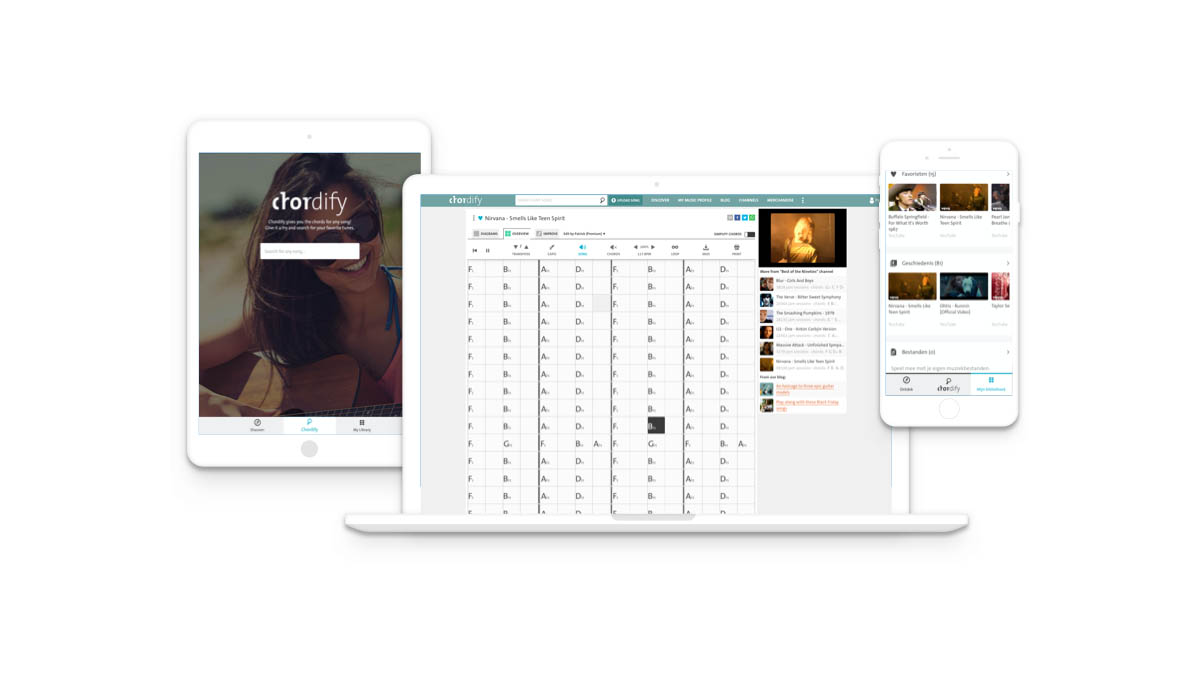
4. Cut down your screen time
“Let’s look at it this way. A slow and steady transition to lesser screen time fundamentally involves becoming more mindful and purposive about how you utilise your time and technology – an optimal combination of which can boost productivity in a very fulfilling manner.”
5. Make a habit of tackling your bad habits
“Taking small steps, one by one, and keeping at it takes you closer to your goals more realistically, as opposed to making unplanned and unsustainable shifts. This is an effective approach to forgo bad habits like mindless scrolling, as well as to build good ones like learning new things- playing an instrument in this case.”
- See Chordify for more information.
Jonathan Horsley has been writing about guitars and guitar culture since 2005, playing them since 1990, and regularly contributes to MusicRadar, Total Guitar and Guitar World. He uses Jazz III nylon picks, 10s during the week, 9s at the weekend, and shamefully still struggles with rhythm figure one of Van Halen’s Panama.
